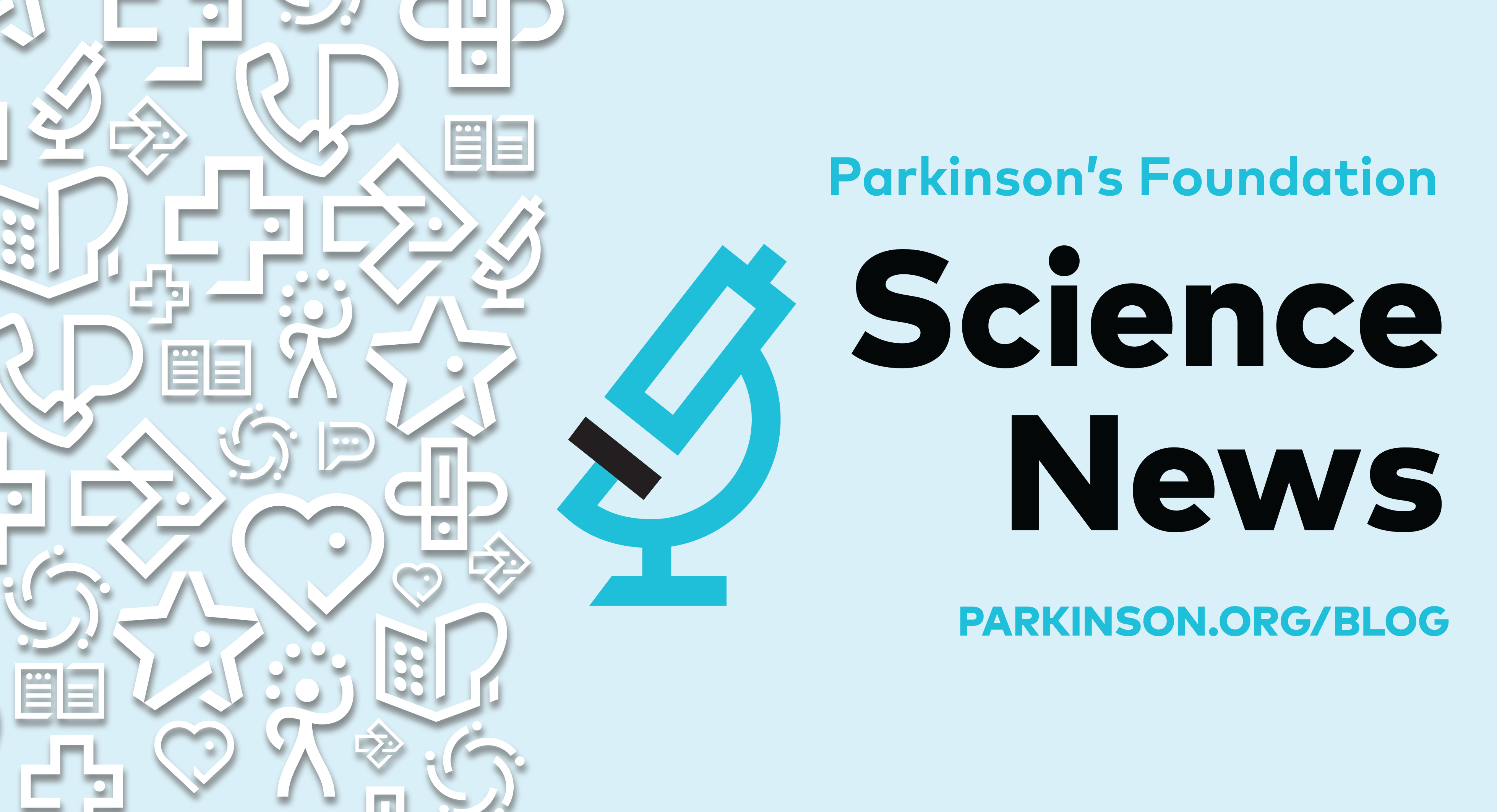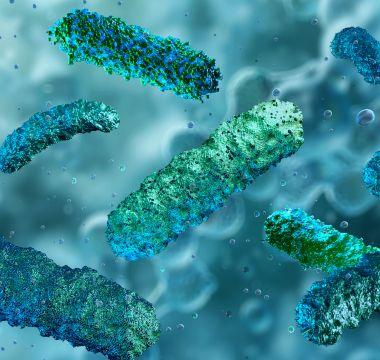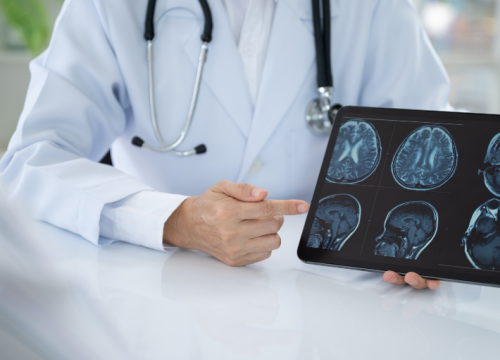Study Finds Potential Link Between Parkinson's and Gut Health

Inflammatory bowel disease (IBD) — conditions like Crohn's disease and ulcerative colitis — are linked to an increased risk of developing Parkinson's disease (PD), a neurodegenerative disorder affecting movement. Scientists are working to figure out why the diseases are linked, and a key player may be the community of microbes living in our gut, often referred to as the gut microbiome.
The gut microbiome is a complex ecosystem of trillions of bacteria, fungi, viruses and other microorganisms that live in our digestive system. It plays a crucial role in digestion, immunity and brain health. An imbalance in this gut microbial community, known as gut dysbiosis, can contribute to various health issues.
A recent study compared the gut microbiomes of people with Parkinson’s disease, IBD and healthy individuals. It also examined larger, publicly available microbiome data from people with Parkinson’s or IBD. This research is the first to directly compare gut microbiomes across these three groups.
Parkinson’s Foundation Scientific Advisory Board member Malú Gámez Tansey, PhD, led the study, which was published in npj Parkinson's Disease; Michael S. Okun, MD, Parkinson's Foundation National Medical Advisor, was also a study contributor. The results revealed previously unknown similarities between the gut microbiomes of people with Parkinson’s and those with IBD.
The study found a reduced number of a certain type of microbe in both people with inflammatory bowel disease and Parkinson’s, suggesting that these specific microbes may influence the risk of Parkinson’s.

Study Results
The study recruited 54 people with Parkinson’s, 24 people with IBD and 16 people without these diseases. The researchers used fecal samples and special techniques to identify the microbes that make up each participant’s microbiome. When they compared the microbes, they observed clear differences as well as certain overlaps in the species of bacteria in the guts of people with IBD and Parkinson’s compared to healthy individuals.
Additionally, in large sets of data from past studies of people with IBD or Parkinson’s, they found that even though there are unique changes in each condition, there are also specific bacteria and metabolic processes that are either more or less common in both IBD and Parkinson’s.
In people with Parkinson’s or IBD, the study found that there tended to be a decrease in the levels of certain types of bacteria known for producing short-chain fatty acids (SCFAs), which are important fuel and signaling molecules for our gut and brain. The study highlighted a few specific SCFA-producing bacteria that were lower in both the Parkinson’s and IBD groups.
Furthermore, researchers also found a reduction in the biological machinery responsible for producing the bacteria in both conditions. As SCFAs play a role in maintaining gut health and may have neuroprotective effects, these findings suggest that the depletion of SCFA-producing bacteria in people with IBD might increase their susceptibility to developing Parkinson's disease. A lack of these beneficial compounds could potentially impact brain health over time.
This research underscores the connection between our gut and our brain — often referred to as the gut-brain axis. It suggests that a healthy and diverse gut microbiome may be important for brain and gut health, and a lack of these beneficial bacteria could potentially impact brain health over time. However, more studies are needed to show whether interventions to change diet or microbiome could help with IBD or Parkinson’s.
Highlights
-
The study recruited 54 people with Parkinson’s, 24 people with IBD and 16 people without these diseases. The researchers used special techniques to identify the microbes that make up each participant’s microbiome. They also analyzed publicly available data from past studies of people with IBD or Parkinson’s.
-
They found previously unknown overlap between the gut microbiomes of people with Parkinson’s and people with IBD.
-
They found a decrease in the amount of certain types of bacteria known for producing short-chain fatty acids (SCFAs), which are important fuel and signaling molecules for our gut and brain, in both people with Parkinson’s and IBD.
-
Their findings suggest that the depletion of these important bacteria in individuals with IBD might contribute to an environment that increases their susceptibility to developing Parkinson's disease.
What does this mean?
This study has identified new shared features between the microbiomes of people with PD and IBD. Because there is a link between these two conditions, improving our understanding of the specific microbes involved in both diseases may potentially lead to new therapies.
While this research provides insights into the potential link between gut dysbiosis, IBD, and Parkinson's disease, more studies with larger sample sizes are needed to fully understand the complex mechanisms at play and whether any interventions could help.
What do these findings mean to the people with PD right now?
About 80% of people with Parkinson's experience gastrointestinal (GI) issues. These issues can develop up to 10-20 years before a PD diagnosis. Therefore, the gut microbiome is a ripe target for future treatments that could potentially stop or slow PD progression at an early stage.
However, the gut microbiome is very complex and unique to each person. If you are suffering from gastrointestinal issues, try eating more fiber-rich foods and less starchy ones, drinking more fluids and increasing exercise. Speak to your doctor before trying pro- or pre-biotic supplements that alter your gut microbiome, since they may affect people differently.
PD-related gastroparesis (the impaired ability to empty the contents of the stomach) and other GI issues can impact how medications are absorbed. People with gut issues may find PD medications such as carbidopa/levodopa take longer to take effect or seem less effective. Additionally, the medications themselves can alter the structure of your gut microbiome. Bring up any GI issues to your PD doctor who might refer you to a gastroenterologist, a doctor specializing in GI issues.
Learn More
The Parkinson’s Foundation believes in empowering the Parkinson’s community through education. Learn more about PD and the topics in this article through our below resources, or by calling our free Helpline at 1-800-4PD-INFO (1-800-473-4636) for answers to your Parkinson’s questions.
Related Materials
Related Blog Posts

Mapping the Brain in High Resolution: How the University of Michigan is Advancing Parkinson’s Neuroscience

Top Parkinson’s Science News Articles of 2025
